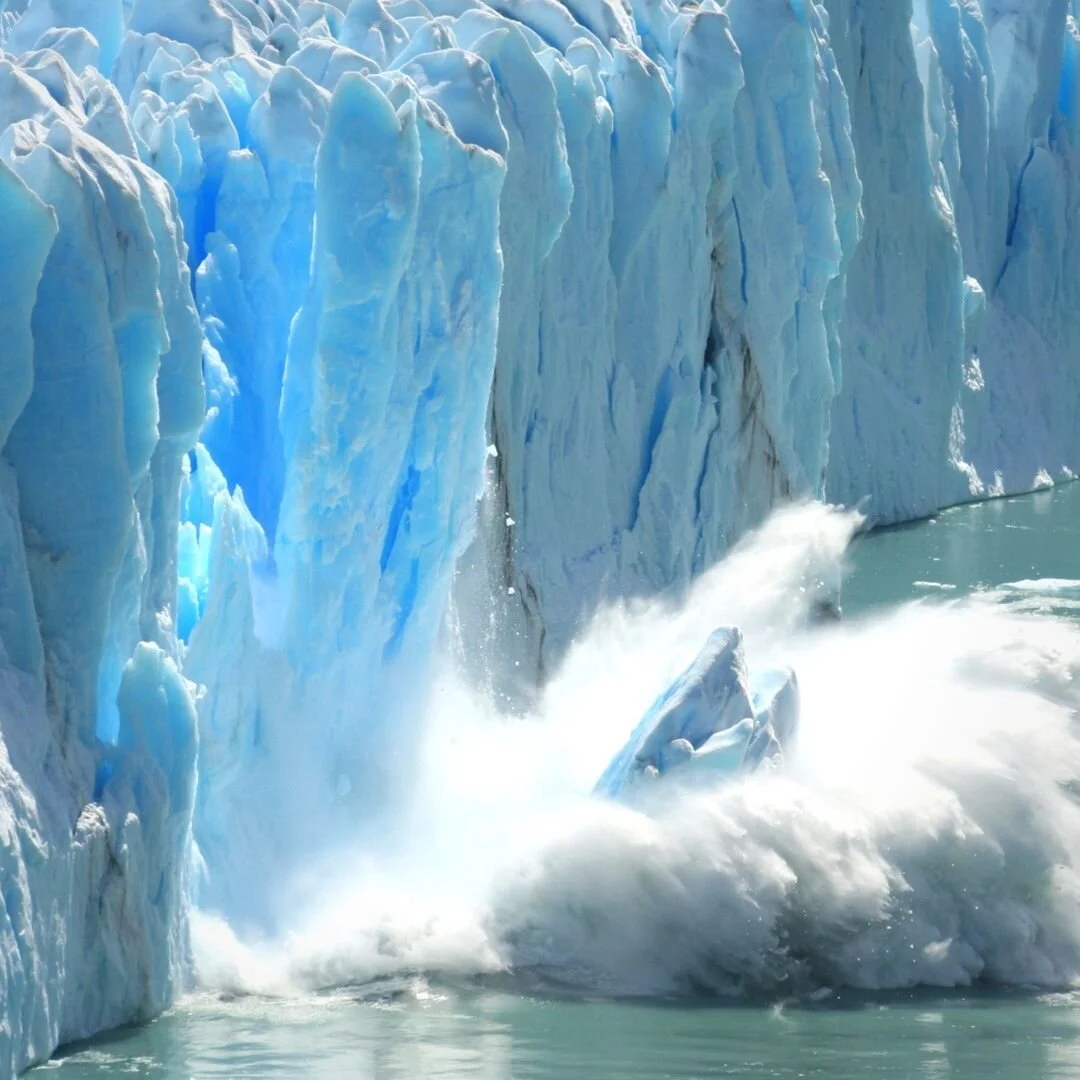How is the world responding to the rising sea levels?
Global sea levels have been rising consistently over the last 100 years, with a massive increase in recent decades thanks to the tumultuous climate change and ever-present issue of global warming. According to the National Geographic, average sea levels have increased by around 8 inches since 1880, with around 3 of those inches increasing in the past 25 years.
The massive issue of global warming is having an unprecedented effect on the rising sea level. From the ice caps melting, to the loss of Greenland and Antarctica’s ice sheets and the thermal expansion thanks to warmer waters – its clear to see there’s an issue, but what exactly are we doing as a collective to stop this?
Well, clearly not enough. It doesn’t help that the most powerful person in the world tweets things like "It's freezing outside, where the hell is 'global warming'??", "Ice storm rolls from Texas to Tennessee - I'm in Los Angeles and it's freezing. Global warming is a total, and very expensive, hoax!" and "Give me clean, beautiful and healthy air - not the same old climate change (global warming) bullshit! I am tired of hearing this nonsense.”. But alas, despite Donald Trump’s claims that global warming is a hoax, it’s painstakingly clear to see that, with sea levels continuing to rise and not slowing down anytime soon, it is in fact a major issue.
One idea to deal with the rising sea levels came from Dutch scientist Sjoerd Groeskamp, who proposed two gigantic dams between a number of European cities in order to protect 25 million Europeans from the rising sea levels.
Groeskamp, an oceanographer at the Royal Netherlands Institute for Sea Research, said that a possible solution to the issue could be to build a 300-mile dam between Scotland and Norway, as well as a 100-mile dam between France and England.
Writing in a paper set to be published in the American Journal of Meteorology, Groeskamp stated ‘A rise of 10 metres by the year 2500 is predicted, according to the bleakest scenarios.’
‘This dam is therefore mainly a call to do something about climate change now’ he continued. Known as the North Sea Enclosure Dyke, the project is technically and economically doable, with an estimated cost between £250million and £500million – just 0.1 percent of the GDP of the involved countries combined.
Groeskamp concluded, 'If we do nothing, this extreme dam might just be the only solution.'
This may not actually be the case however, as blueprints to create the world’s first floating city could be made a reality within the next decade. The United Nations is spearheading a project to tackle the issues surrounding rising sea levels, and the latest idea will see the creation of man-made, self-sufficient buoyant platforms anchored to the sea.
The plan has been gaining traction ever since its unveiling last year thanks to the incredible ambition behind it, and now it seems like it could be made into a reality. Senior figures in the project have speculated that the world’s first floating city could be seen within the next ten years.
Victor Kisob, deputy director for the UN Habitat, said: 'Floating cities sound like a crazy idea but they could lead to all sorts of possibilities if done in the right way. The next step would be to design a prototype with partners from the private sector that could be tried and tested.'
Both of the aforementioned ‘solutions’ to the rising sea levels, and in turn over arching global warming issues, seem dystopian to say the least. It’s a shame that the world has come to this, and instead of looking for a feasible method to actually combat the rising water levels, it seems like the world’s leading minds have succumbed to the idea that the sea levels can’t be saved, and they are instead putting their efforts and resources into managing the threat instead of preventing it - something needs to change.






